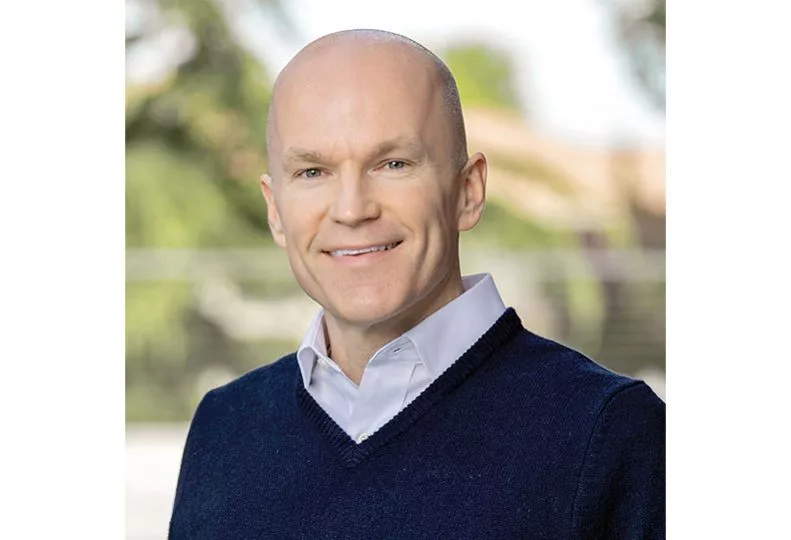_web.webp?t=1768464069)
Gray-area tax savings could put business at risk
Questionable deductions can lead to what's known as piercing the corporate veil

Small business owners sometimes have an enviable opportunity to save on tax. They rightfully look for every loophole to which they are entitled to save money on taxes by deducting various business expenses.
But some choose to take it a bit further. They engage in more aggressive tactics to mitigate their overall income tax burden by shifting personal expenses over to the business. Sometimes these tactics are advanced by the business owner’s own CPA to interpret tax code deductions liberally.
Most understand the potential tax repercussions of improper deductions—the IRS coming for taxes due. But, in addition to IRS woes from playing in a “grey” area for deductions, the business owner might simultaneously be increasing his or her personal legal liability to potential creditors.
Starting with an example, assume small business owner Beau—no relation to author—wants to minimize taxes. He might use his company card to pay for gas for his personal vehicle or even completely write off a personal-use vehicle. He might pay for the family vacation to Hawaii under the auspices of business travel to “look for business opportunities” in the Aloha State. He might pay his home utilities with business funds because he sometimes works out of the home.
All of these examples might be legitimate business expenses, or they might be characterized as personal expenses. Assume for the sake of the example that the expenses fall on the personal side.
Now, because the business has so many deductions, it has little to no income on which to pay taxes but also little to no assets with which to pay valid claims because so much has been pushed through to the owner through dubious deductions.
Assume then that a creditor sues the small business for $1 million for a valid claim. The attorney for the small business defends by asserting the small business is an entity recognized in Washington, so the owner has no personal liability, and the company has no assets with which to pay the claim. Typically, a creditor has no recourse against the owner of a corporation for corporate debts. It is at this point that the creditor attempts to disregard the corporate protections and go after the owner’s personal assets.
Many small businesses opt to incorporate or become a limited liability company. Notice all the “Inc.s" and “LLCs” popping up at the end of business names. To become a legally recognized entity like a corporation or an LLC means something very important to the business owner. It means the owner obtains legal protection from personal liability. Corporations and LLCs are “an ingenious device for obtaining individual profit without individual responsibility,” according to the American writer Ambrose Bierce. But, in some circumstances, individuals can be held responsible for the corporation’s actions—and debts.
The legal concept that would allow a business owner to lose liability protection is referred to as “piercing the corporate veil,” and it can allow the court to disregard the liability protection and allow creditors to seek recompense from the personal coffers of the business owner. The concept was developed over time and made applicable to both corporations as well as LLCs. It disallows liability protection where the business owner misuses the corporate form of business.
Veil piercing is warranted when the business owner commingles “his personal affairs with those of the corporation such as to warrant imposition of personal liability," according to a 2014 Washington state Court of Appeals decision in Northwest Cascade Inc. v. Unique Construction Inc.
Back to the example above: If the creditor can prove that the business owner commingled his personal affairs with the business’s corporate affairs thus causing harm to the creditor in the form of lack of funds in the company to pay creditor, that creditor might be able to pierce the corporate veil of Beau’s company and seek to collect from Beau’s personal assets.
The risks are high when playing fast and loose with corporate governance rules. Get your CPA and attorney on the same page as you explore gray-area deductions in order to best protect your business from the possibility of a creditor piercing your corporate veil.
Beau Ruff is an attorney and director of planning at Cornerstone Wealth Strategies Inc., in Kennewick, Washington.

_web.webp?t=1768346788)
_web.webp?t=1768464171)
